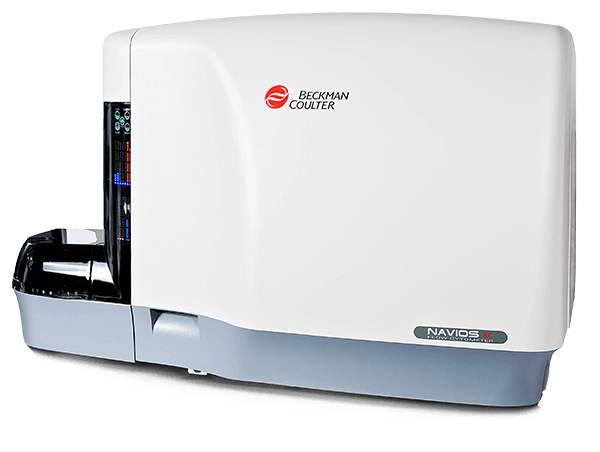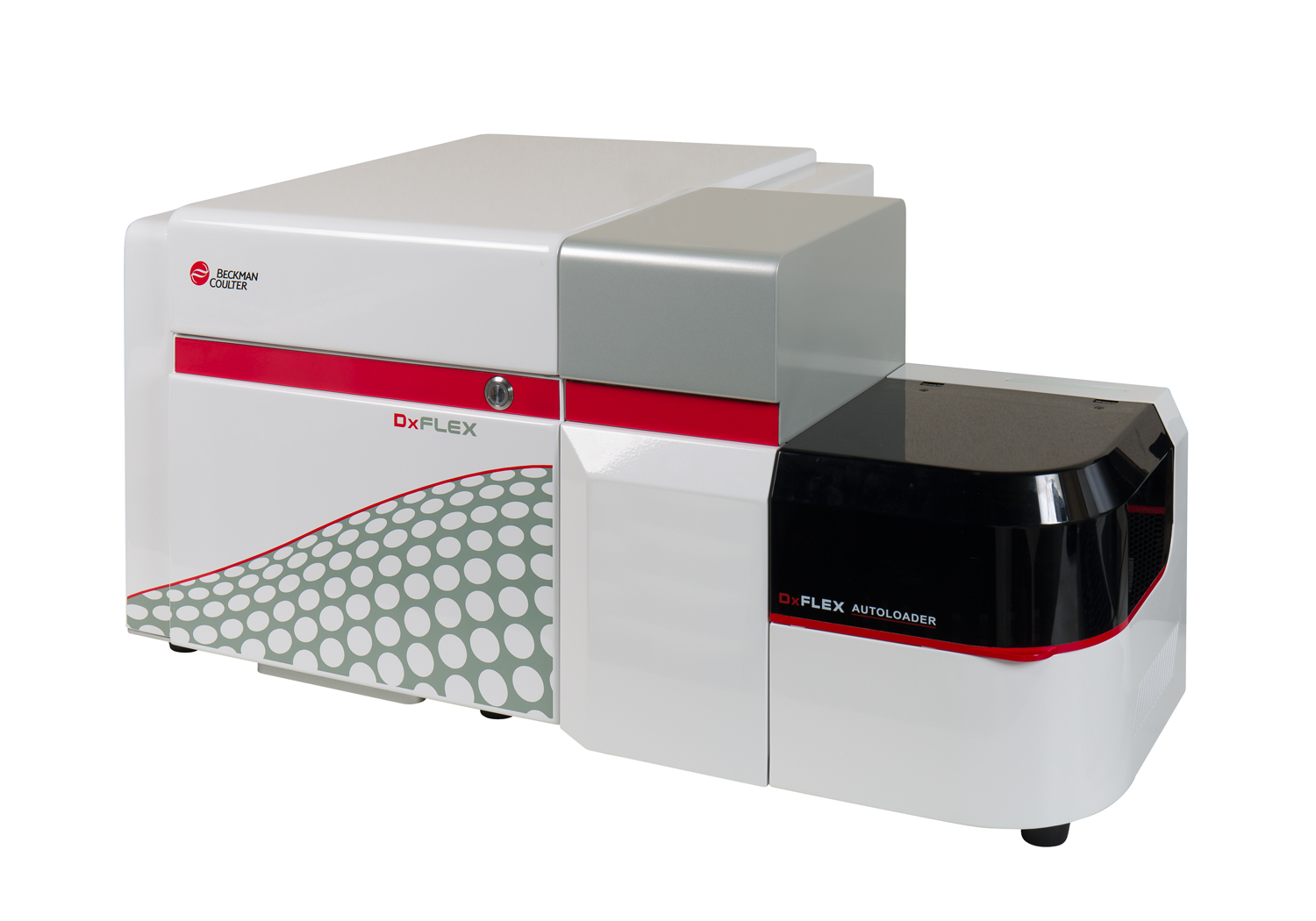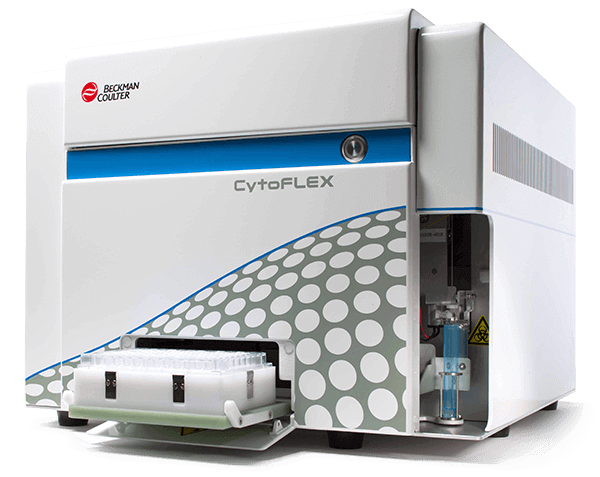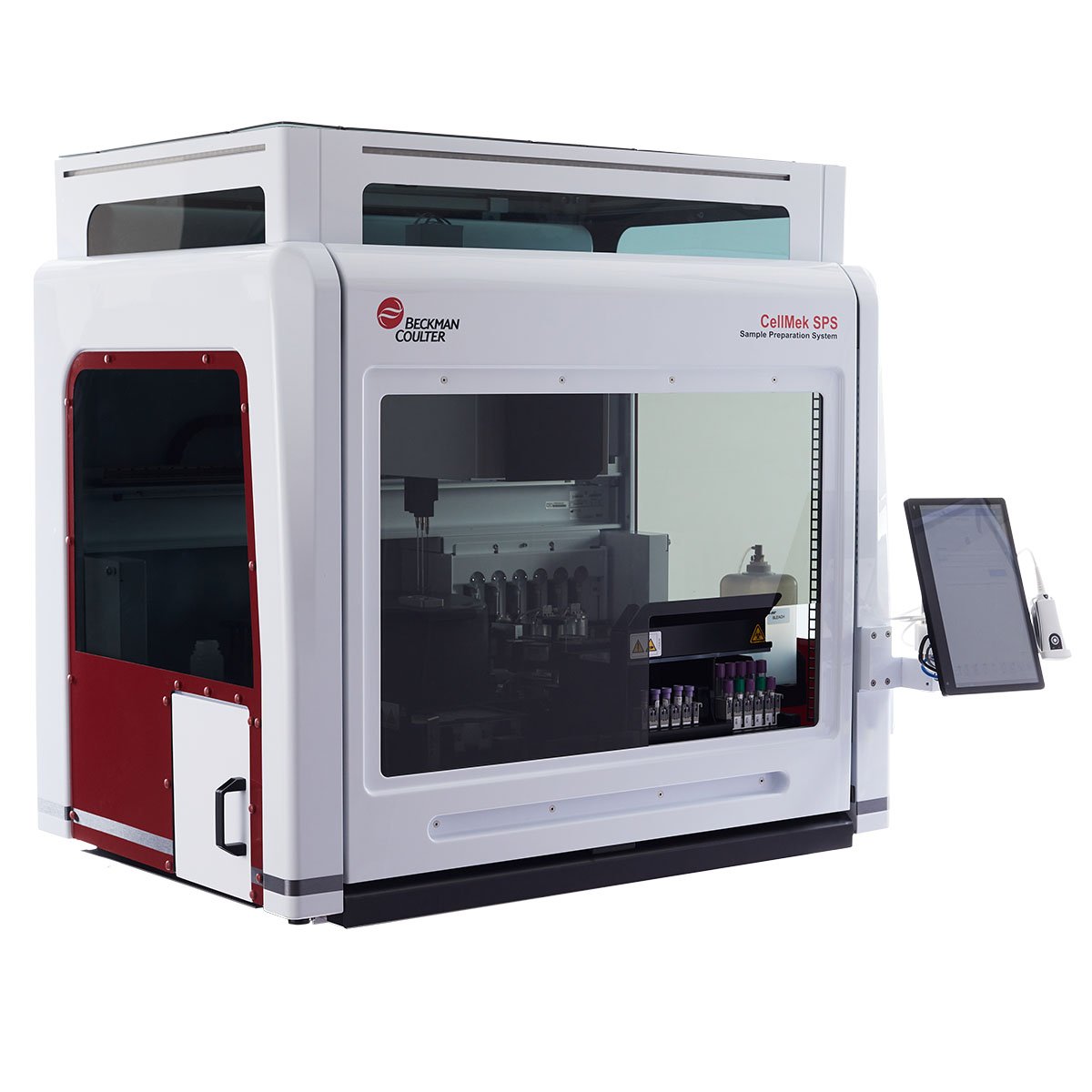CD69 Antibodies
The CD69 antigen is a 60 kDa disulfide-linked dimeric structure, known as activation inducer molecule (AIM). This structure contains two differentially glycosylated forms (33 and 27 kDa) of a single core protein, that are covalently associated. This activation antigen is one of the earliest appearing cell surface glycoproteins (before other activation antigens such as IL2-R) after T or B-lymphocyte activation but is absent in resting lymphocytes. It is also expressed by activated macrophages, NK cells and other cell types including neutrophils, eosinophils and platelets. Its expression in vitro can be induced by different factors such as PMA, PHA or CD3 monoclonal antibodies.
| Clone: TP1.55.3 | Isotype: IgG2b Mouse |
| The CD69 antibody is useful in combination with CD4, CD8 and CD3 antibodies for T cell activation studies. The TP1.55.3 antibody immunoprecipitates the 60 kDa homodimer and both 27 kDa and 33 kDa subunits from activated peripheral blood lymphocytes under reduced and non-reduced conditions. |
|






